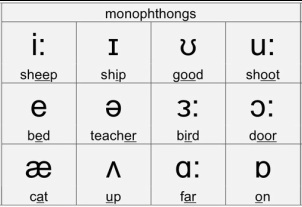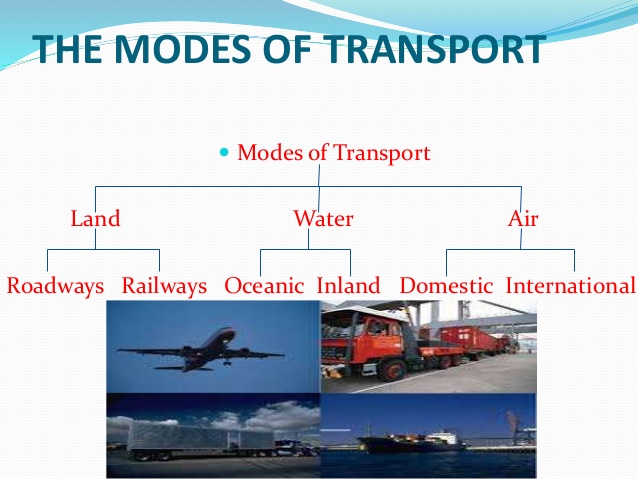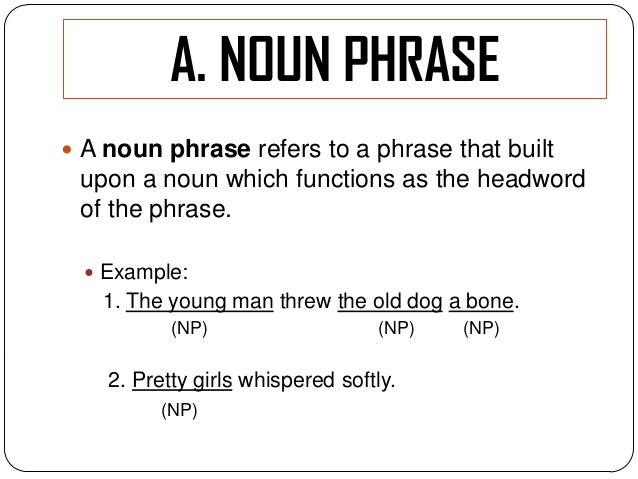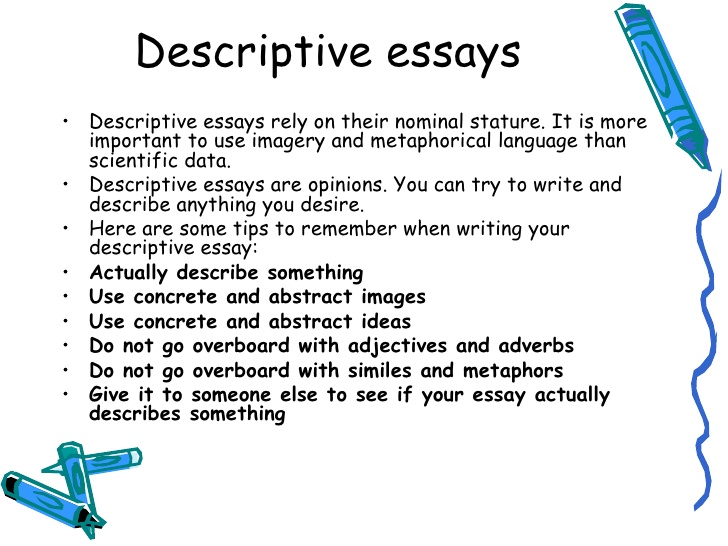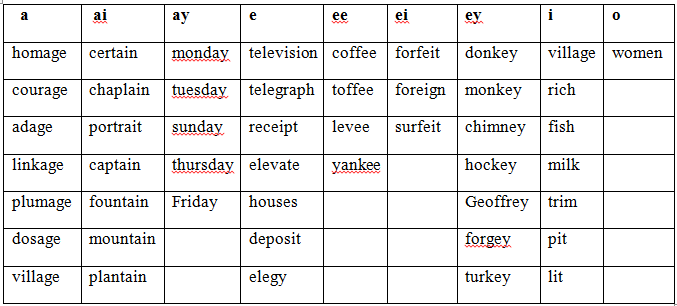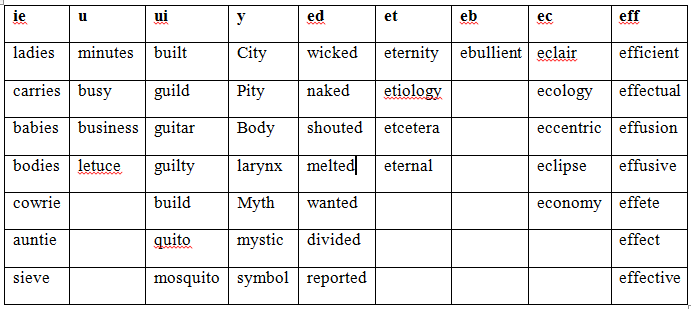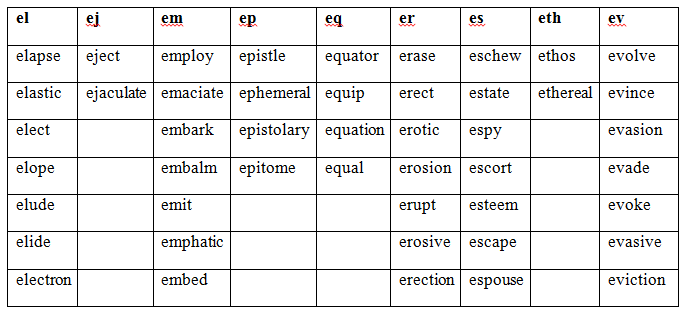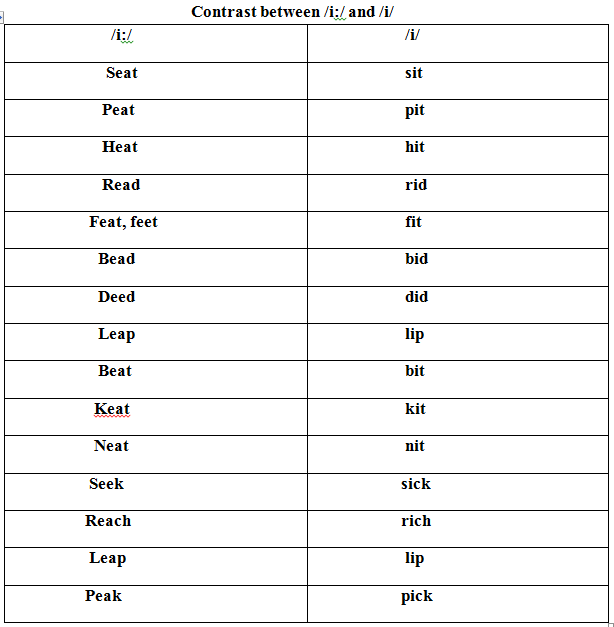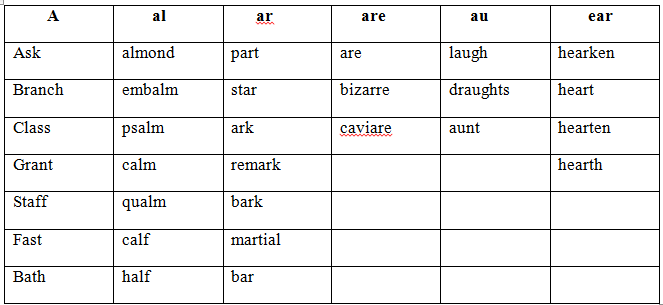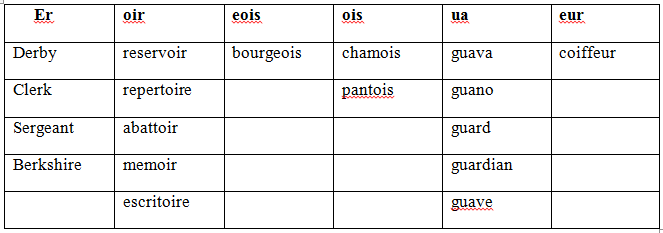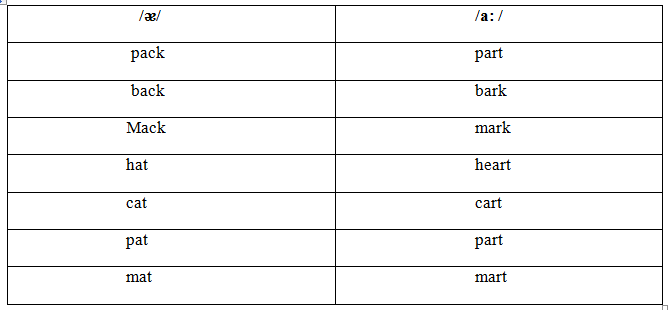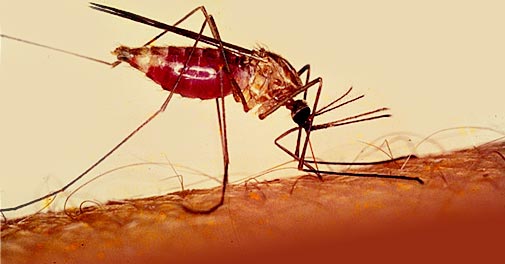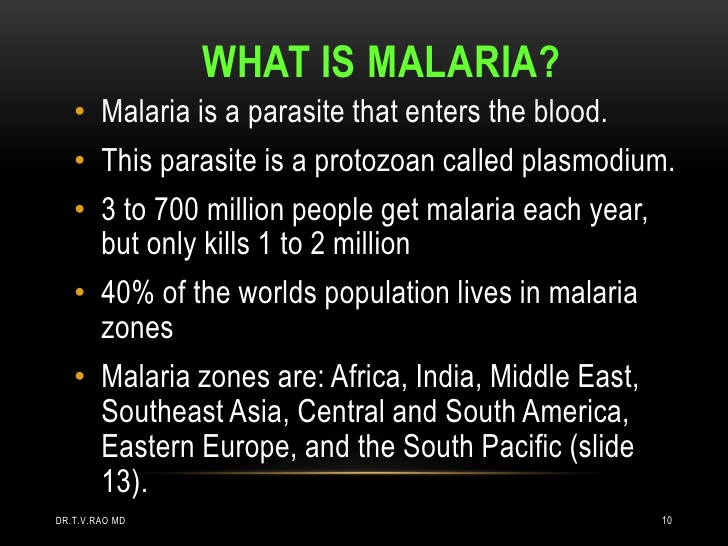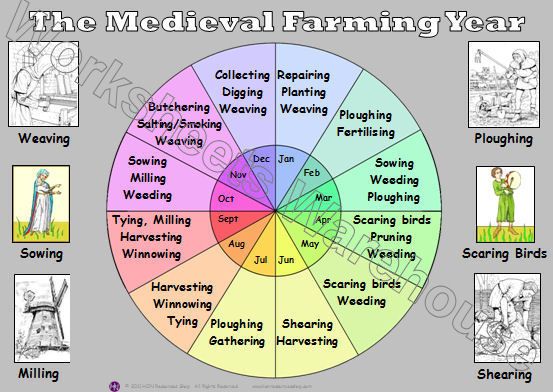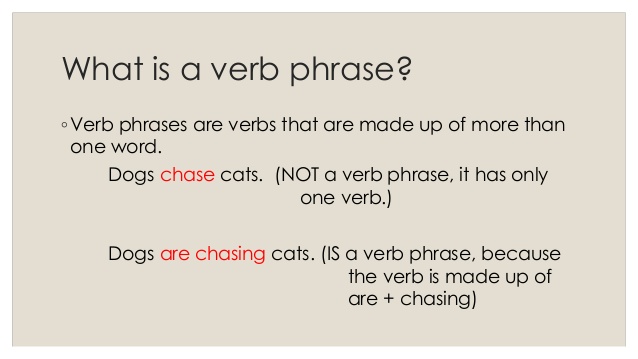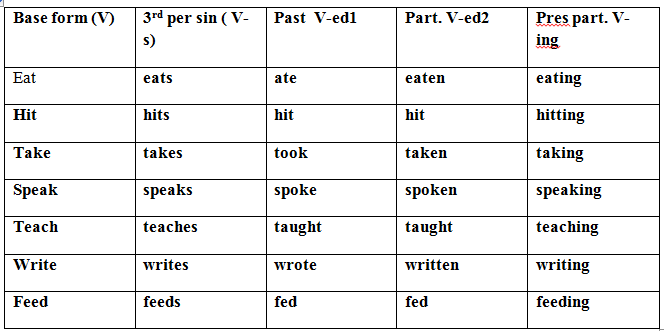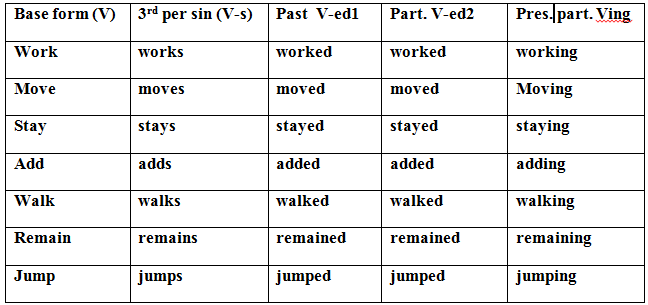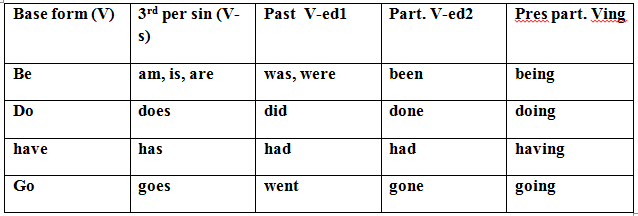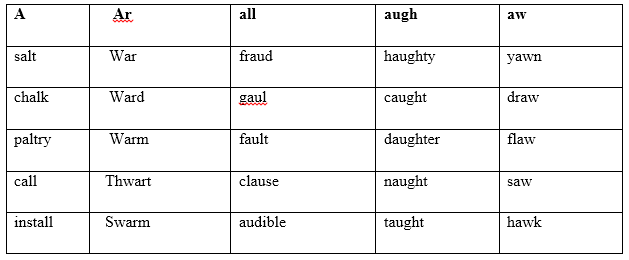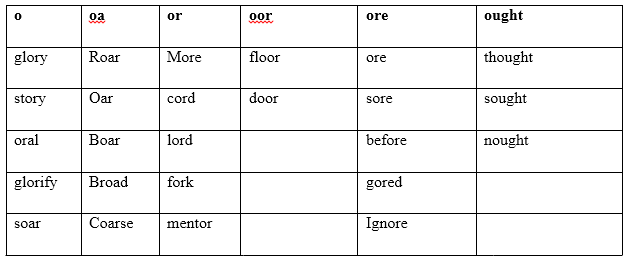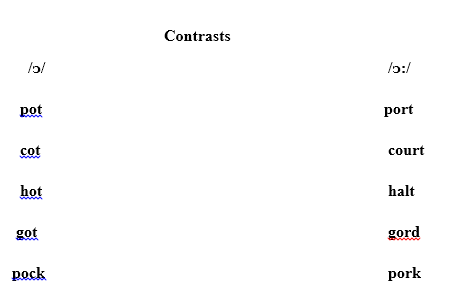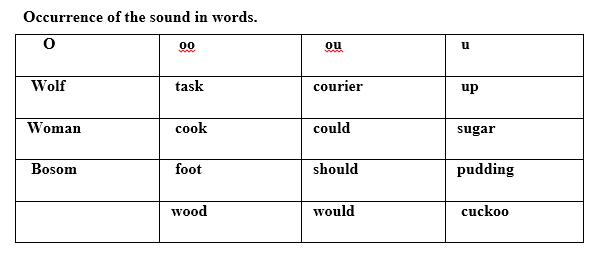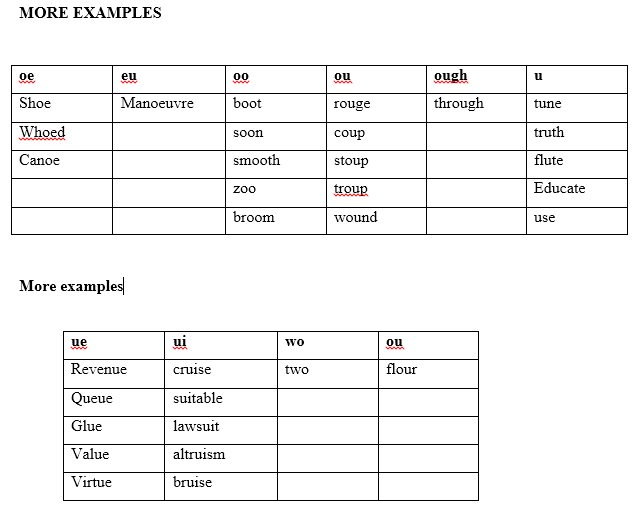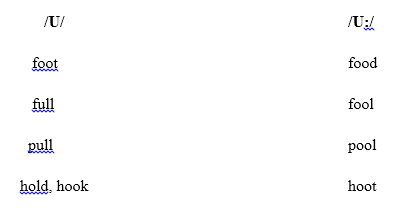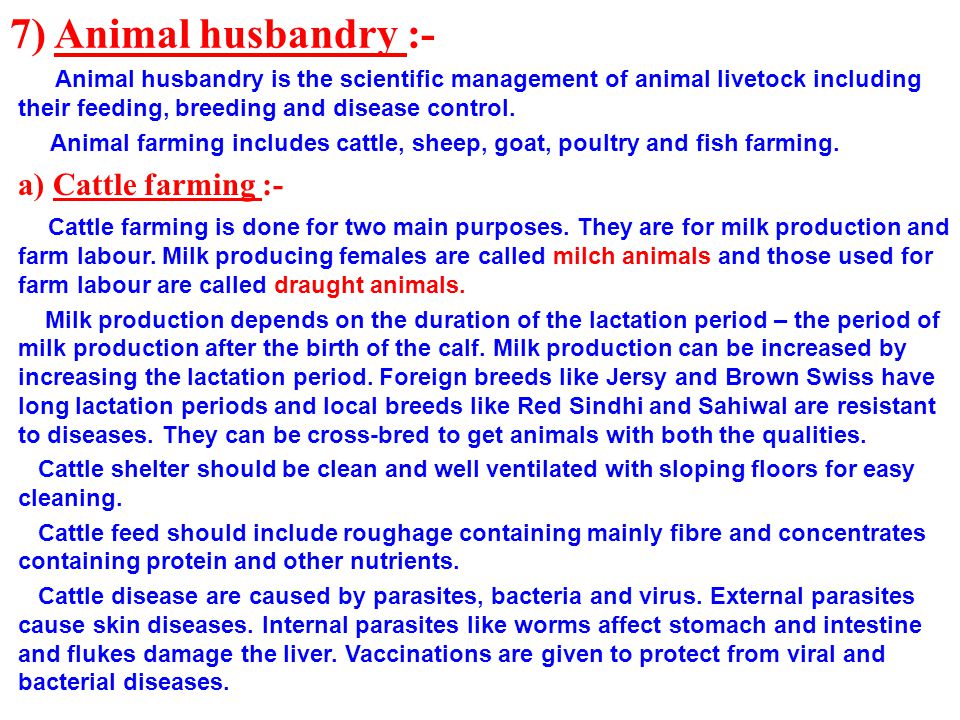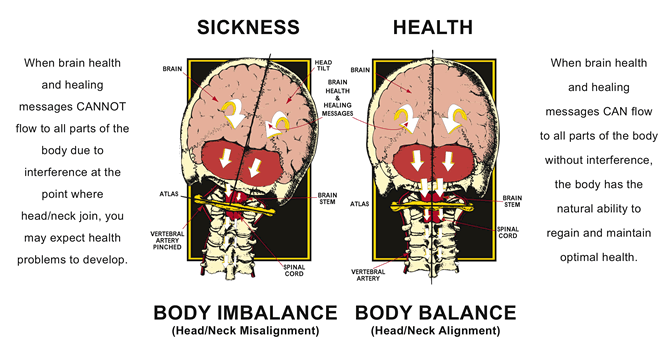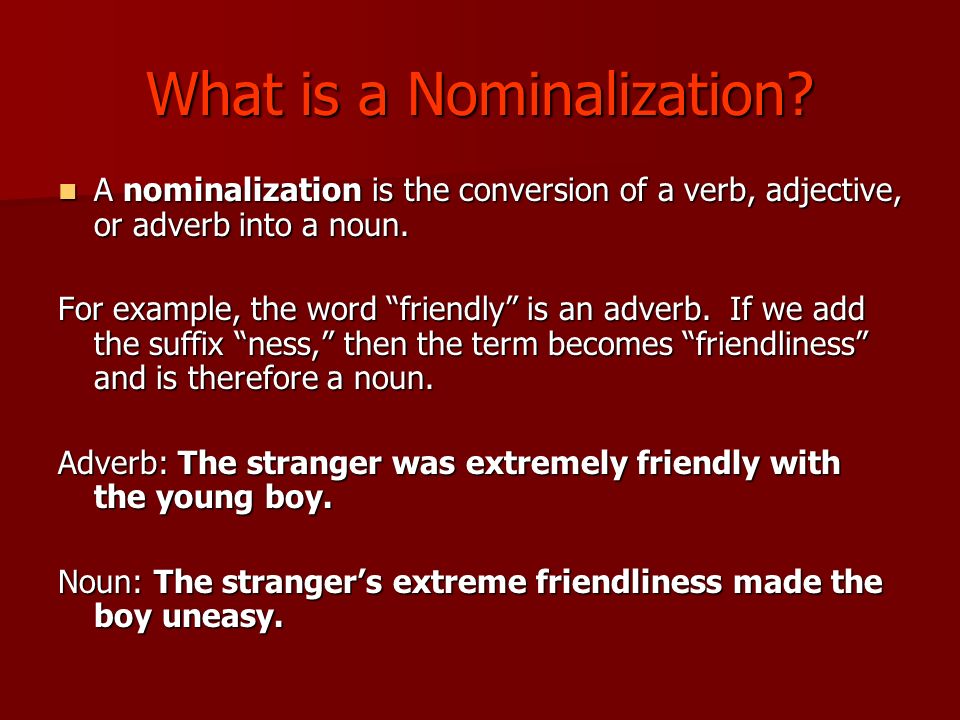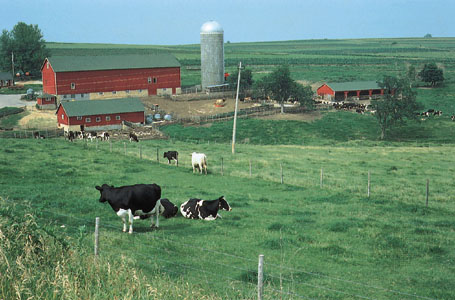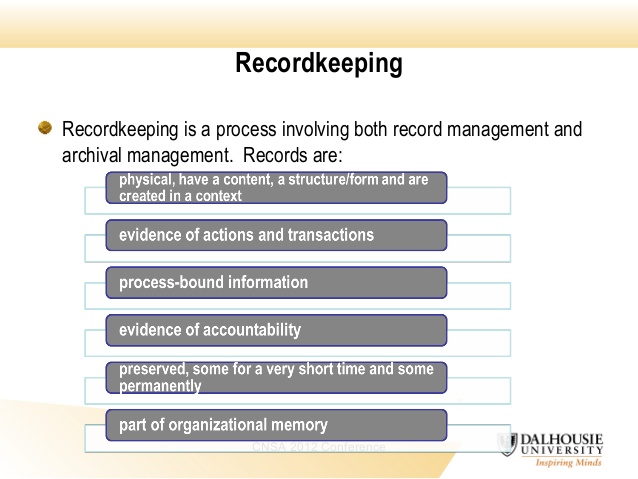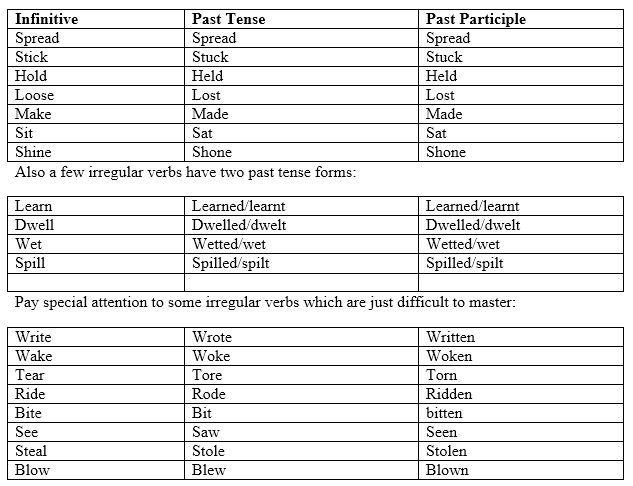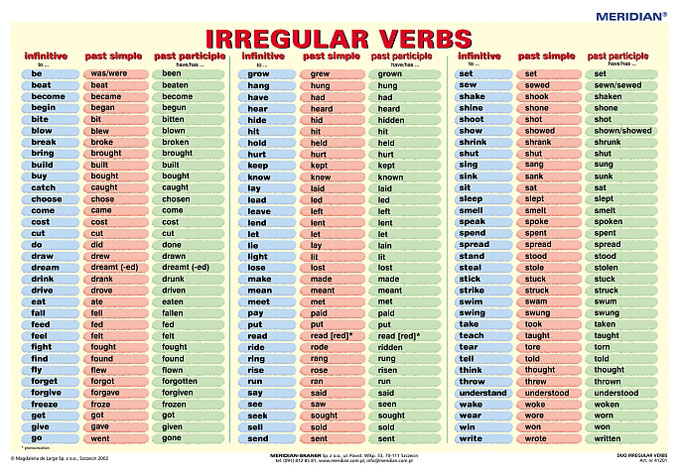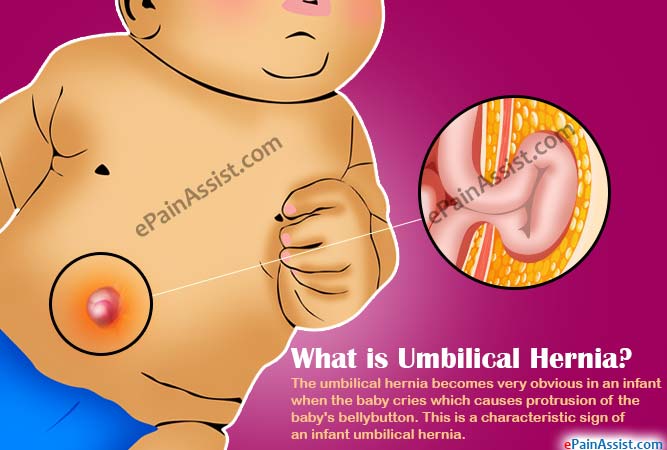LESSON 1
Speech Work: Consonant Sounds
Comprehension: The Death of Ikemefuna
Vocabulary development: (Registers on Family)
Structure: Nouns and Noun phrases with the definite articles.
Writing Skills: Continuous writing (Narrative)
ASPECT: Speech Work
TOPIC:
CONSONANT SOUNDS
Consonant sounds are produced as a result of obstruction of the air-flow that comes from the lungs. The obstruction can be partial or total. There are twenty-four (24) consonant sounds in English language. They are:
/p/ /b/ /ʈ/ /d/ /k/ /g/ /f/ /v/ /Ө/ /ð/ /s/ /z/ /∫/ /Ӡ/ /h//ʧ/ /ʤ/ /Ɩ/ /r//w//j/ /m/ /n/ /ŋ/

/p/----- pay ,peace, pat, pot, peg, pit, push, wrapper, pass, place, happen, party
/b/---- bell, about, bet, book, boom, boost, bay, baby, rob, bad, bat, back, abort,
/ʈ/--- Thomas, ten, tap, tomb, table, take, tack, track
/d/---- den, dust, cord, draft, powder, advert, kid, deep, dam, divide, diary, dark, middle, paddle
/k/----- kid, kiss, cock, fix, six, choir, chord, require, back, calculate, kit, chasm
/g/ ----- goose, goggle, got, gum, gay, guy, example, get, rogue, girl, grow
/ʧ/ ----church, match, fetch, rich, reach, nature, pasture, patch, chain, choice, children, Christ, Christians, character
/ʤ/ ---- gin, joy, edge, badge, jaw, jest, jeep, gem, general, gentle, page, judge, jam, giant
/f/------ tough, fall, phone, elephant, photo, food, fleet, fault
/v/ -------vote, of, value, vice, voice, van, view, prove, visible
/Ө/ ------ thin, think, three, threw, though, length, breath, theatre, theme, thick, thicket, third, thrust
/ð/ ------- the, father, mother, them, that, bathe, then, rather, this, there
/s/ ------- science, class, fast, slow, city, pass, dress, psychology, lace, face, pastor,
/z/ ------zoo, zoom, lazy, zigzag, zinc, close, rose, represent, reason, candies, laze, raise, zebra, easy
/∫/ ------ chalet, chateau, charade, machine, education, social, palatial, mission, short, sure, passion pressure
/Ӡ/------ garage, measure, treasure, leisure, television, vision, confusion, decision, fusion, pleasure, division, closure, usual
/h/ ----- house, home, harrow, harassment
/Ɩ/------- look, late, life, lake, lift, later, letter, local, lion, low, love, lame, lie
/r/------ robe, right, reflex, run, carry, merry, bright, story, bury, rite, wrong, wrote, radio
/j/-------- you, yawn, yellow, yam, union, use, yes, university
/w/------ one, wine, when, suite, quit, work, what, where, which, wife
/m/------ flame, hammer, man, malt, make, come, mother, magic
/n/-------- know, night, knight, knowledge, banner
/ŋ/------- bang, uncle, bank, sing, long, king, zinc, single, thank
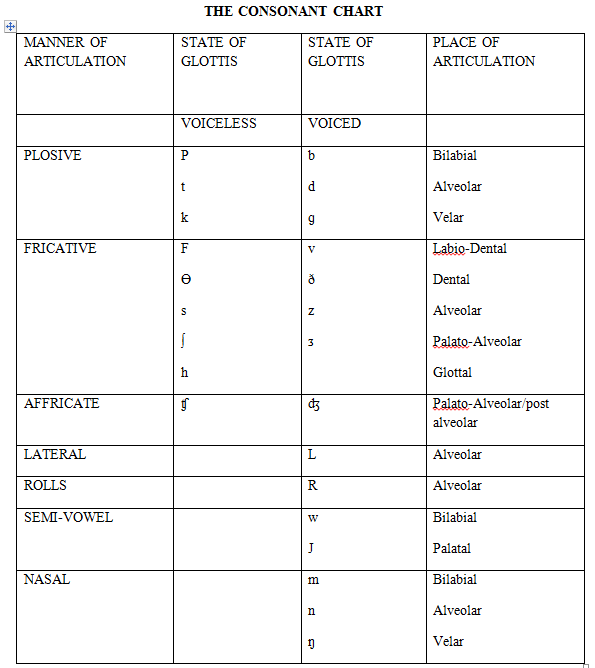
There are three ways of describing a consonant sound vis:
Manner of articulation
Place of articulation
State of glottis
MANNER OF ARTICULATION
This is the way a sound is pronounced or articulated. For instance, the sound /p/ is described as plosive because the air-flow from the lungs comes to a complete stop because the upper and lower lips are involved. The pressure of air forces the lips open which results in production of sound in form of explosion. eg. pen, pay, price, pure, purse.
PLACE OF ARTICULATION
This refers to the actual place where the sound is articulated. For example for sound b the two lips are involved, hence it is called a bilabial. This is so because the sound is produced with the use of both lower and upper lips.
STATE OF GLOTTIS
The state of glottis can be described as the position of glottis when the sound is pronounced. It is either open or close. The glottis is the space between the vocal cords ands the larynx (Adam’s apple).If the state of glottis is opened the sound produced will be voiceless. But if it is closed, there will be vibration in the vocal cord; therefore, the sound that will be produced will be voiced.
https://youtu.be/hyKR7cBDpZE
EXAMPLE OF DESCRIPTION OF SOUND
/p/ Place of articulation is bilabial
Manner of articulation is plosive
State of glottis is voiceless
https://youtu.be/h4yrIuCE6UM
EVALUATION
Choose the word that has the same sound with the one underlined below:
shows a. house b. reason c. loss d. horse
clothe a. they b. three c. mouth d. Thomas
English a. edge b. thin c. end d. think
Bushes a. rapes b. shoes c. church d. rakes
Character a. church b. arch c. unique d. charade
LESSON 2
COMPREHENSION
TEXT: Intensive English for Senior Secondary School Book 1.Page 3
TITLE:
The Death Of Ikemefuna Pages: 3-5
CLASS ACTIVITIES
The passage should be read carefully, before the students attempt the questions on it.
Further Studies 1
https://youtu.be/co9wzOxvXFE?list=PL5F007E11CFA22EB8
EVALUATION
Answer the questions on unit 1.2.3. page 5.
LESSON 3
ASPECT:
VOCABULARY DEVELOPMENT
TOPIC:
WORDS ASSOCIATED WITH THE HOME AND FAMILY LIFE.
Shelter/housing family sister grandparents
Comfort food monogamy cousin nuclear
Furniture bridegroom polygamy couple
Ventilation security/safety protection appliances
Relaxation domestic violence recreation
Companionship ornaments utensils understanding
Pleasure love Medicare acceptance
Wife accommodation son mother
Brother clothing peace great-grandparents
Mother satisfaction nephew extended
Aunt husband identity fiance’(e)
Conveniences dialogue fairness health assets
Father uncle niece marriage
Value bride in-laws

ACTIVITIES: The students should master the spellings of the above words.
Check the dictionary for their meaning,
EVALUATION
1. Form a sentence with any ten words from the list above.
Further Studies
LESSON 4
ASPECT: Structure
TOPIC:
Nouns and Noun Phrases with the Definite Articles
NOUN
A noun can be defined as a naming word. It can also be defined as names of people, places, objects, abstract ideas, actions and qualities.
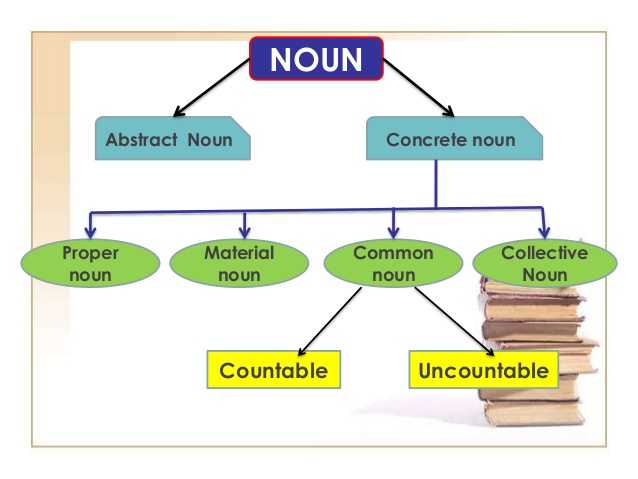 TYPES OF NOUNS
TYPES OF NOUNS
(a)Proper Nouns: These are specific names of people, places, publications, days of the week, months of the year, special events, river, mountain, etc.
NOTE: It must start with capital letter. E.g. Bola, Ngozi, Adamu, Lagos, England, Deeper Life High School. Etc.
(b) Common Nouns: These are general names of things E.g. chair, book, tree, road etc
(c) Abstract Nouns: These are names of neither things that we can neither touch nor see.e.g. truth, love, honesty, joy, beauty etc.
(d)Collective Noun: These are names of group of people .e.g. crowd, choir, cast, team, committee, crew, staff etc.
(e) Countable Nouns: These are nouns that we can count .e.g. people, chairs, books, town etc
(f) Uncountable Nouns: These are nouns that cannot be counted.eg water, salt, sand, air etc.
SINGULAR AND PLURAL NOUNS
Singular ..........................................Plural
Shelf .......................................... shelves
Thief .......................................... thieves
Life .......................................... lives
Leaf .......................................... leaves
NOUNS WITH THE SAME SPELLINGS IN BOTH SINGULAR AND PLURAL
Singular .......................................... Plural
sheep .......................................... sheep
deer .......................................... deer
luggage .......................................... luggage
furniture .......................................... furniture
equipment .......................................... equipment
COMPOUND NOUNS.
A compound noun is the combination of two words that forms a word and functions as a single word.
Singular .......................................... Plural
Grown-up .......................................... grown-ups
Girl-friend .......................................... girl-friends
Passer-by .......................................... Passers-by
Mother-in-law .......................................... Mothers-in-law
Secretary-general .......................................... Secretary-generals
FUNCTIONS OF NOUNS
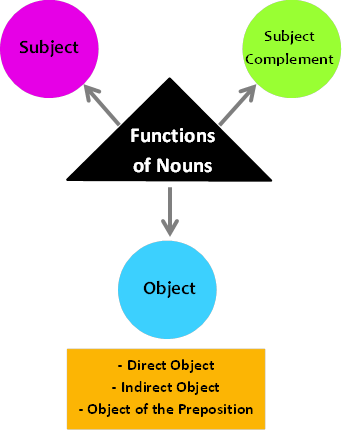
1. Subject of the verb. The subject performs the action of the verb and comes before the verb.
E.g. Olu ate banana yesterday.
2. Direct Object of a verb .The direct object receives the action of the verb.
eg. The driver drove a car.
3. Indirect Object of the verb. The indirect object always answers the question ‘for/to whom’.
e.g. The driver drove the car to Lagos.
4. Subject Complement. The noun here completes the first noun earlier mentioned in the same sentence.
eg. Jane is my friend.
5. Object Complement: The object complement completes the object in the sentence it is the same object.
E.g. They declared him a winner.
6. Complement of a Preposition .This is required to form prepositional phrase.
E.g. She put the food on the table.
7. Qualifier of another noun .In this area noun functions like an adjective.
eg I will travel during Christmas holiday.
8. Appositive: This is when a noun stands beside another noun to mean the same thing or the same person.
E.g. The President and Commander-in-Chief of the Armed Forces is here.
EVALUATION
1 (a) What is a proper noun?
(b)List five examples of it.
2.Write the plural form of the following nouns: stadium,forum,crisis,tooth,foot,ox,larva,syllabus,criterion,fungus.
NOUN PHRASE
A phrase is a group of words without a finite verb. A noun phrase is the combination of an article with a noun.
The man, the house, the school, the bag (article + noun =noun phrase)
D. article + noun (definite article + noun)
NOTE: Noun phrase and noun perform the same functions.
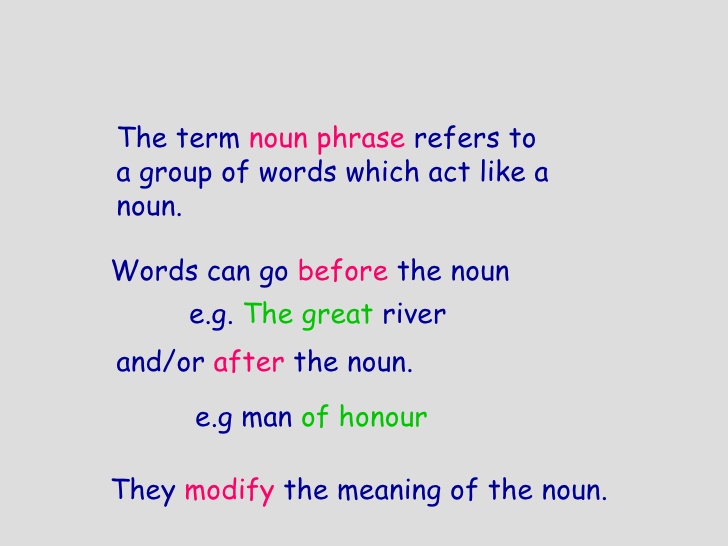
EVALUATION
State the difference between a noun and a noun phrase with two examples.
LESSON 5
ASPECT:
Continuous Writing
TOPIC:
Narrative
A narrative essay is an essay that tells a story of past events. The past tense verb is predominantly used throughout the narrative essay. Ensure that your story flows smoothly from beginning to the end. You need to develop each point clearly in different paragraphs that are properly linked together.
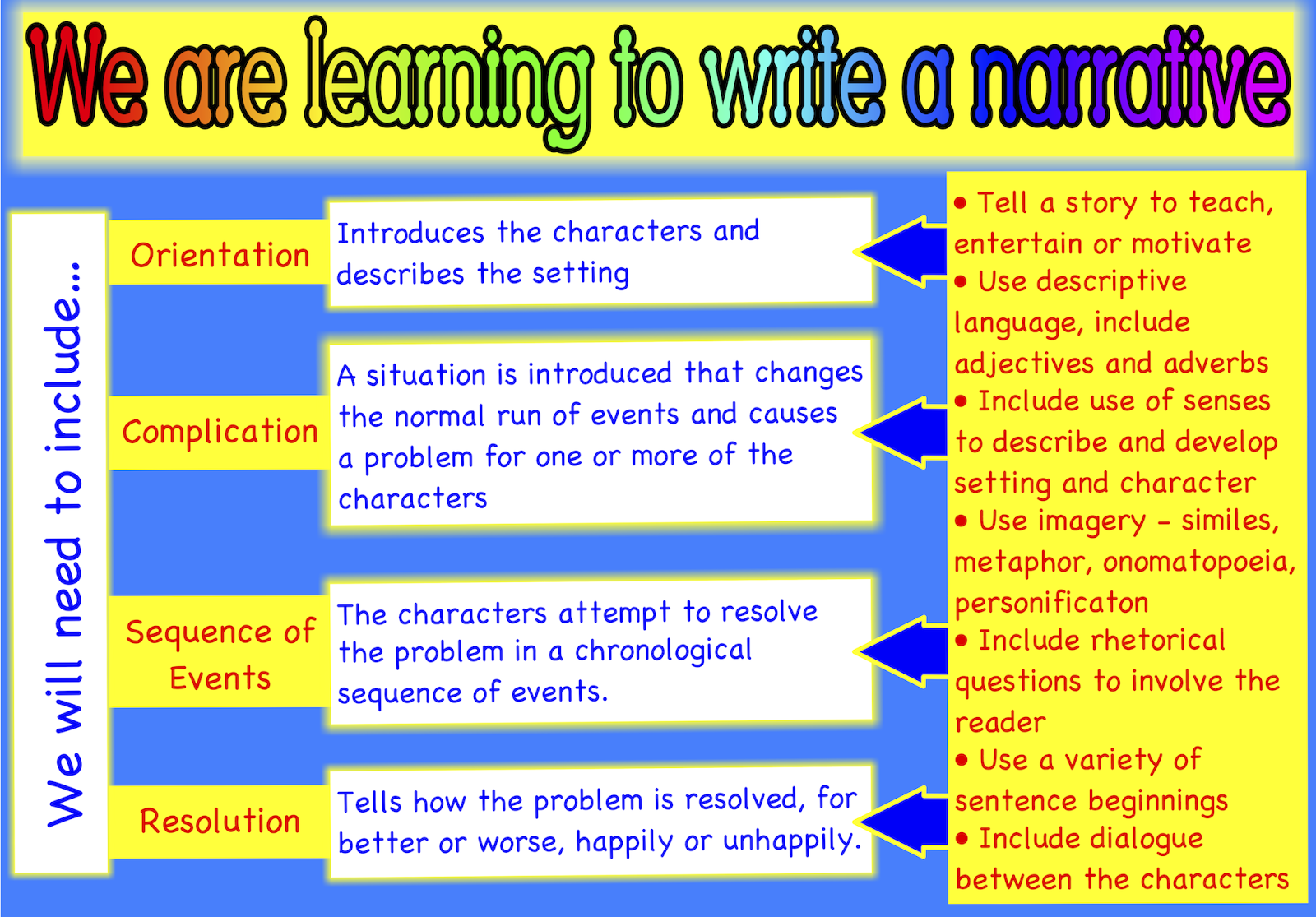
These are some of the topics under narrative
My first day at school.
A day I will never Forget in My Life.
My First Journey to Lagos.
How I Spent My Christmas Holiday.
Tips on How to Write a Narrative Essay
a .What is your story about?(Title boldly written)
b. What action took place in your story?
c. Who were responsible for these actions?
d. When did the actions take place?
e. How did the actions take place?
(f.) What were the consequences of the actions?
(g) You can draw your conclusions by stating your feeling about these. It may be positive or negative.
EVALUATION
Define a narrative essay.
List five topics under narrative essay.
Further Studies 1
https://youtu.be/zpdxXdbtGRo
GENERAL EVALUATION
Choose the right option from below to answer the questions.
1. The ……….in the room will soon be removed.
A. furniture B. furnitures C. piece of furnitures D. piece of furnitures.
2. If you carry…….you will have to pay extra fees.
A. too much luggages B. plenty luggage C. too much luggage D. too many luggage
3. The father of my wife is my………..A. grandfather B. ground father C. father –in-law D. father
4. The essay that tells the story of past events is an …………… a/an .A. expository
B. descriptive C. narrative D. argumentative
Choose the word that contains the underlined sound below.
5. breathe A. dough B.hat C. thank D .they
ASSIGNMENT
From the words lettered A to D, choose the word that has the same consonant sound(s) as the one represented by the letter(s) underlined.
1.Cause A. zoom B. course C. measure D. bats
2. Loose A. lose B. whose C. zoo D. toss
3. vain A. bane B. faint C. vest D. pain
4. half A. halves B. cough C. though D. hoe
Choose the right word to complete the sentences below:
5. At the wedding ceremony, the bridegroom watched his………………dancing away her excitement.
A. bride B. fiancée C. partner D. spouse E. wife
6. My friends are……..they buy from wholesalers and sell to individual buyers. A. hawkers B. petty traders C. retail traders D. sales-girls E. sales managers
7. My father’s brother is my ………………………. A. elder brother B. nephew C. step-mother D. uncle E. young father
8. A person who hails prospective passengers into a vehicle is called……………
A. conductor B. driver C. helper D. tout E. unionist
9. The careless driver was asked to pay for the…….to the new car.
A. damages B. damage C. lots of damages D. several damages.
10. People say that ………. elephant lives in Africa and Asia.
A. an B. a C. the D. some
PRE-READING ACTIVITIES
English Lexis and Structure For Senior Secondary School By Ayo Bamgbose Pages 41-43
ACTIVITIES
1. Write a narrative essay on your experience during the last visit to your home town.
or
2. Narrate how you spent your last holiday.
REFERENCES
1. English Lexis and Structure for Senior Secondary School by Ayo Bamgbose
2. Intensive English for Senior Secondary Schools book 1. Benson O.A et al







